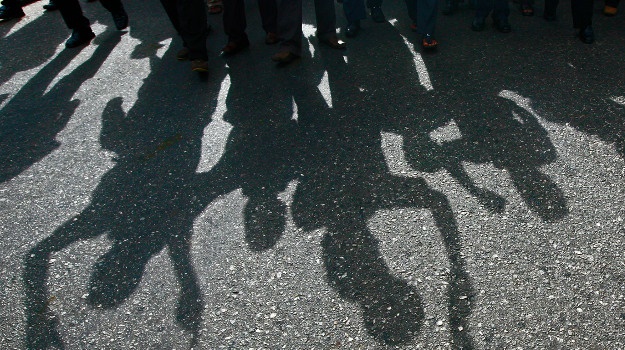
Public service unions have dropped their wage demands and are now seeking a 6.5% increase, while government remains firm on its 2% offer.
The public sector wage talks remain tense, as this drop from an earlier demand of 8% came before the largest union in the talks declared a deadlock earlier this month.
At least one union told Fin24 on Monday that the government has not budged from its initial offer and extension of a R1 000 gratuity, with unions continuing to canvass their membership on whether to accept the 2% or stand firm at 6.5%.
The 2% tabled by government at the Public Service Coordinating Bargaining Council was rejected by the Public Servants Association (PSA) earlier this month and the union declared a deadlock.
READ | Strike forces SARS to close 18 branches
Negotiations coordinator for the unions affiliated with the Congress of South African Trade Unions (Cosatu), Simon Hlungwani, told Fin24 that the trade federation's bloc of unions expected to get a mandate from membership nationally by the end of the week.
"We have passed that state. After making that revision, the employer still offered 2%, over and above the gratuity. We are consulting members with a target date for Friday," said Hlungwani.
While the PSA could not immediately be reached for comment, an annexure that Fin24 got access to two weeks ago said the union lowered its wage demand before declaring a dispute at the public service wage talks.
"In the interim, labour lowered their demand from 8% to 6.5% plus the continuation of the cash gratuity. The PSA considered the latest offer from the employer as unacceptable to even present to our members."
Even though the demand of 6.5% is a downward revision, it would add billions to fiscal spending in the medium-term expenditure framework.
Unions went into the negotiations demanding a 10% increase across the board, and the government maintained from the beginning of talks that it could not afford this.
If discussions deteriorate any further, South Africa faces the risk of a strike by unions representing 200 000 public servants, including teachers, nurses, and police officers.

